#traditional ireland
Photo
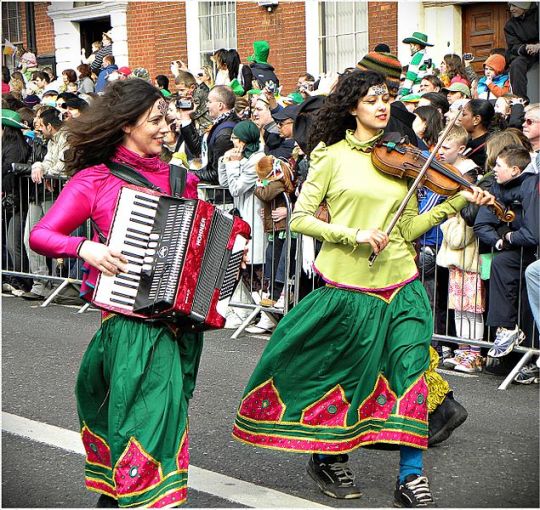
Saint Patrick's Day in Dublin
#ireland#irish people#irish tradition#Lá Fhéile Pádraig#saint patrick's day#traditional ireland#folk music#irish folk music#traditional music#festival#celebration#wikipedia#wikipedia pictures#wikimedia
12 notes
·
View notes
Text
Source
A lovely battle between Basque dance association Oinak Arin from Beskoitze (Lapurdi) and the Irish dancers of the Gohery school of dancing. Filmed last summer.
The Basque and the Irish sharing our special connection again!
#euskadi#euskal herria#basque country#pais vasco#pays basque#eire#ireland#irish dance#euskal dantzak#tradition#folklore#music
1K notes
·
View notes
Text
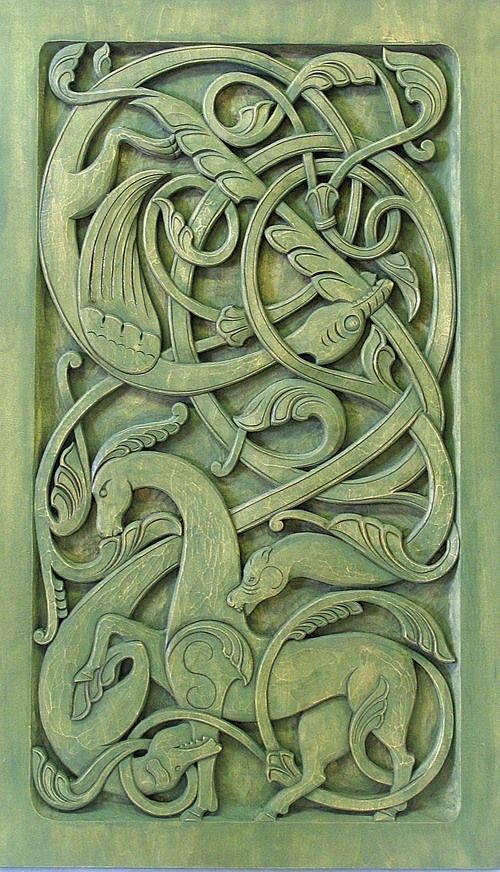
155 notes
·
View notes
Text
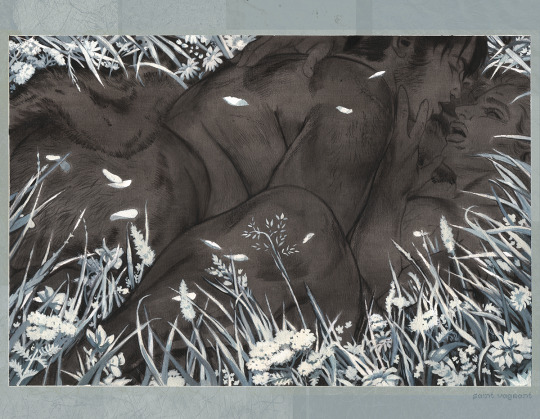


🌿🌼🌿 love in a mist 🌿🌼🌿
may/december butches 🖤 a piece made during my residency. pencil, ink, gouache, tape (in lieu of masking fluid.)
#illustration#traditional media#queer art#butch#not sapphic just brutal dykes#éire#ireland#wildflowers#trans#transfags#trans artist#he/him#queer#oops I accidentally deleted it teehee sorry
219 notes
·
View notes
Text
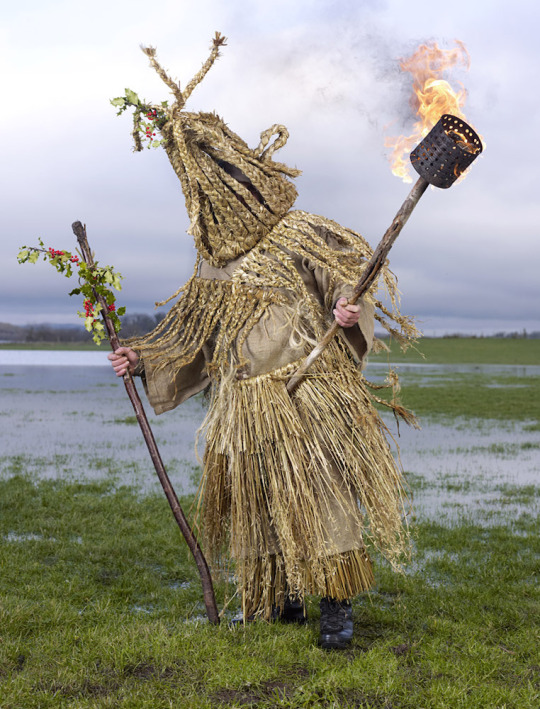
Irish Wren boy, Northern Ireland, by Charles Fréger
#irish#northern ireland#europe#western europe#traditional clothing#traditional fashion#cultural clothing#folk clothing
2K notes
·
View notes
Text
Canon might try and tell you that America can't play the violin since England and France failed in their attempts to teach him
What canon doesn't want you to know is that it was Ireland that taught America how to handle a violin and how to fiddle
#headcanon that England or more so the tutors that England payed only tried to teach America very long classical music#America has way to much energy to stand around playing somber traditional music#hws america#hws ireland#hws england#hws france#hetalia headcanon#aph ireland#alfred f jones
83 notes
·
View notes
Note
Alfred, what is your favorite thing each of your roommates has brought over to your country? And to Ireland, Romano, and Lithuania, what is your favorite thing about America? (the country not Alfred.)
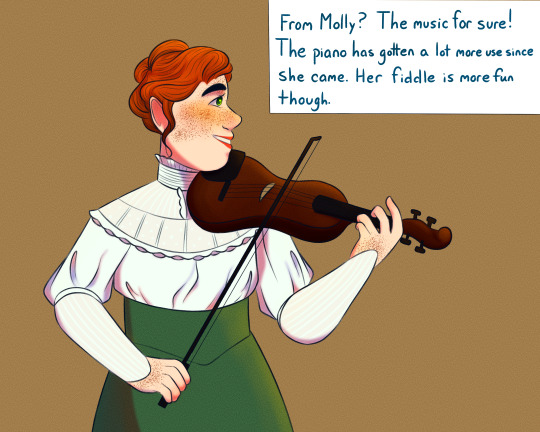


As for the others...
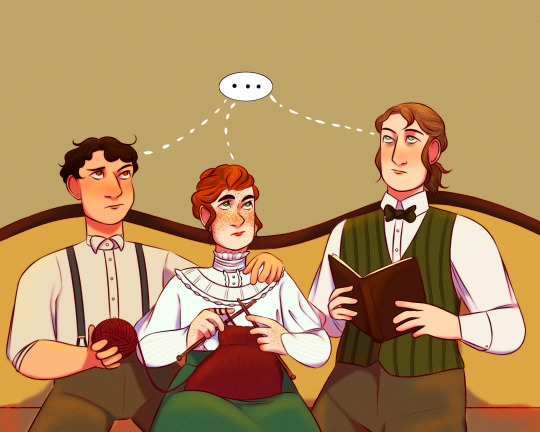
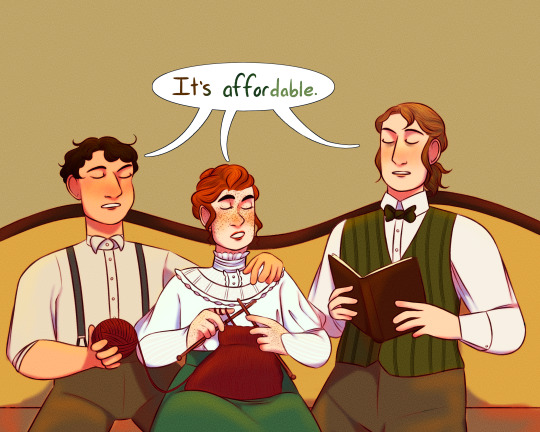
Alfred can afford to be a little more idealistic, but that's just his way.
**Historical Note: Though immigrants from each of these groups contributed in a variety of ways, these are some of the ways in which they contributed most prominently.
Irish Americans were incredibly active in the entertainment industry, especially in music. Irish Americans were very prominent in vaudeville, and eventually Broadway. However, this was due to a pre-existing music tradition that stemmed from Irish immigrants bringing over their folk music. Many Irish airs became popular parlor songs in the UK, America, and Canada. The strong Irish presence in the Union Army during the Civil War also further popularized folk songs such as "McLeod's Reel." Though the Potato Famine caused the decline of traditional music in Ireland, many songs and playing styles were preserved by Irish Americans in the United States and later carried back to Ireland in the 1890s-1920s when recordings began to become accessible. These recordings were also among the first to be sold in the United States.
Italian American cuisine is one of the most influential marks left by the community, especially from Southern Italians. Many innovations in Italian cuisine occurred in the United States, and many Italian immigrants became successful restauranteurs. This explosion occurred due to previously inaccessible foods suddenly being affordable in the United States, such as meat and imported cheese. Today, Italian American food is still one of the most popular cuisine choices in the United States.
Though all of the groups mentioned had involvement in labor union activity, Lithuanian Americans were particularly prominent activists. One of the most famous of these activists was Emma Goldman, but there were several others who formed the United Mine Workers and the Amalgated Clothing Workers Union. Sydney Hillman, a Lithuanian immigrant, was the head of the Amalgated Clothing Workers Union from the 1910s to the 1940s. Even in fiction, in Upton Sinclair's The Jungle, Lithuanian workers and their union activity are the central focus. Lithuanian Americans' strongest import really seemed to be their activism!
For all of these groups though, one big part of what made American so attractive was the comparative plenty to what they had in their countries of origin. Though many immigrants worked long, difficult manual labor jobs, they were able to afford new goods in the United States that had previously been unimaginable. This is mostly due to the United States' ability to produce goods en masse, which made them cheaper. Furthermore, in Ireland and Southern Italy, land ownership had become virtually impossible (through landlords hiking rent prices in Ireland or land distribution after the Risorgimento in Italy). Even if their positions were not enviable in the United States, from a financial standpoint, their salaries and the resources available put them in a slightly better position.
#hetalia#historical hetalia#hws america#hws romano#hws lithuania#hws ireland#nyo!ireland#immigrant trio#immigrant squad#hetalia ask blog#ask#last seminar my paper was on how the irish diaspora changed and preserved traditional music#so if i pop off a lot about that in the historical notes that is why (it is a roman empire in my brain of sorts)#this was a fun ask though! sorry for taking so long to answer!!
71 notes
·
View notes
Note
your posts about English folk culture being treated as esoteric within England reminded me of a conversation I had with my dad relatively recently. I was complaining about how much I hated doing scottish country dancing in P.E every year in school and he, having grown up in London, mentioned that he never did any kind of folk dancing in school and it really surprised me.
Having an Irish family and growing up in Scotland I just assumed that folk culture would be a big part of national identity in England because it def is in Ireland and scotland. I mean I grew up in the city and I went to a Catholic school where a lot of pupils didn't come from Scottish backgrounds so I'm sure my experience would be different from somebody who grew up in a smaller town or a rural area, but my school still dragged out the girls who could sword dance every year on burns day y'know
Also now I'm wracking my brain trying to remember all the English folk songs I know and realising that it's comparatively few next to the hoard of Scottish, Irish and American folk songs I've accrued over the past 2 decades. That's definitely partially just due to being connected to the cultures those songs come from and that American folk songs are generally quite a bit younger than the scottish & Irish ones, but it's still not something I've ever really thought about
yeah absolutely. it's something england -- and probably urban england and london especially -- has really lost touch with. a lot of my friends and colleagues are irish, and when the topic of things like irish dance comes up, it's always like "oh yeah i did a bit of that as a kid, everyone did" or "yeah i learned the whistle, obviously, but i stopped when i was eight" -- but there'd be no obviously about that here (even when people learn the recorder at school, it's not often trad tunes they're learning to play!)
i don't know if this is to do with the proportion of the population that's urban vs rural in england compared to ireland or scotland (not sure where wales is at with this, they have a strong song tradition but i don't know much about the welsh equiv of trad dance music nor tbh enough about the song tradition to say anything meaningful on the topic), or if it's a "survival of trad culture to spite oppressive dominant cultures" thing so england lost it due to lack of need to defend it, or if it's predominantly a class issue (but that wouldn't wholly explain schools/the national curriculum, particularly at primary level)... i think there's a lot of factors at work
but it's something i do notice because i spend time in those irish-dominated spaces where the attitude towards trad music and dance is so different. but then those are also often irish language communities, so they're specifically irish communities that are interested in their cultural heritage, and maybe that's not representative of the whole country. still, it feels like even people who aren't interested and haven't carried that interest through to adulthood were exposed to it in childhood in a way that many english people weren't because our equivalent traditions have been relegated to this very niche, marginalised (and potentially very rural) status
#sometimes i think i've learned an english folk song but then it turns out it's scottish#it just got written down by an english song collector who got rid of a lot of the more distinctively scottish features#RIP#if i start thinking about how little i know about welsh traditions#i'll get sad again about not knowing any of my dad's family except his brother#a lot of his family was from rhosymedre and llangollen and places like that#i've never even been there although i've been to other parts of wales#i hope to change that this year though. not for Heritage™ reasons but that's a bonus side effect i guess#i need to take a ferry across to ireland so i gotta go to north wales anyway so might as well make a party of it#answered#anonymous#english folk traditions
79 notes
·
View notes
Text
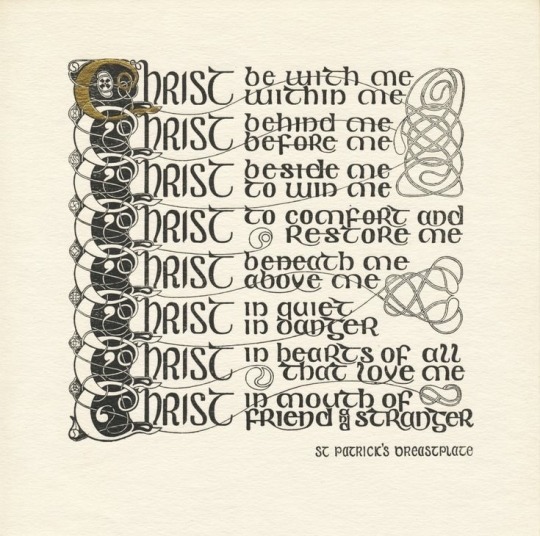
By Eva McKee
#st patricks day#st Patrick#st paddys day#saint patrick#irish prayer#ireland#Irish#Irish saint#patron saint#saint patricks day#traditional catholic#mine#christian blog#biblical womanhood#christian quotes#catholic church#roman catholic#catholic art#catholic women#catholic saints#catholic life#christian faith#christian living
39 notes
·
View notes
Text

51 notes
·
View notes
Text
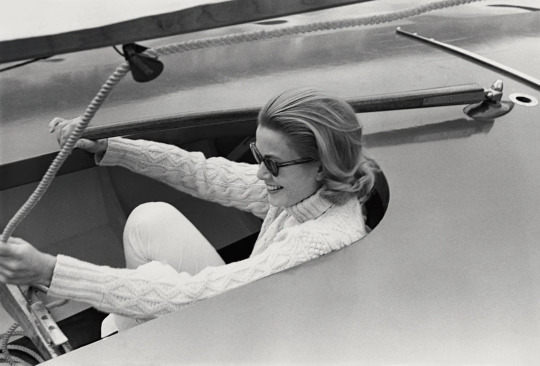


Princess Grace wearing her Aran jumper during a sailing day in Monaco circa 1962 (she probably bought it, or it was given as a present during her visit to Ireland a year before, in June 1961?). Photos by Howell Conant.
#grace kelly#princess grace#white jumper#aran sweater#aran jumper#ireland#irish traditions#aran wool#1962#howell conant#sailing#monaco#inside grace's wardrobe
324 notes
·
View notes
Text
Welcome to February 29th – Leap Day! Rooted in folklore, Leap Day proposals have provided women the chance to challenge convention and turn gender norms upside down once every four years.
38 notes
·
View notes
Text

Watercolor on paper, 21 x 30 cm, 2023
Custom House Visitor Centre
Dublin City Ireland
#watercolor#watercolour#ireland#dublin#illustration#original art#my art#artists on tumblr#art#artwork#traditional art#painting#drawing#handmade
32 notes
·
View notes
Text
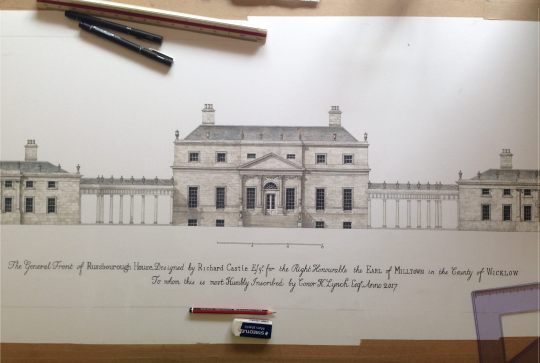
Front elevation of Russbourough House, as drawn by Conor K Lynch.
#Russbourough House#County Wicklow#Ireland#Conor Lynch#Eire#classic architecture#Earl of Milltown#country estates#Irish mansions#classical design#traditional art#British Isles
25 notes
·
View notes
Text

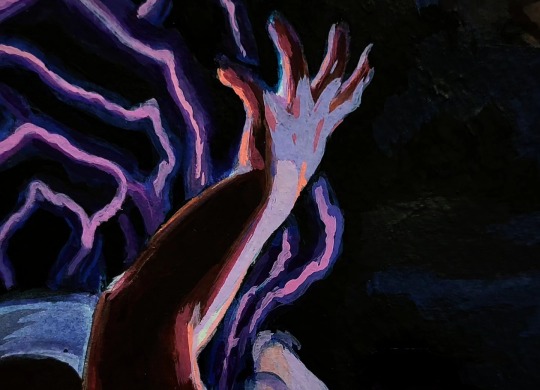
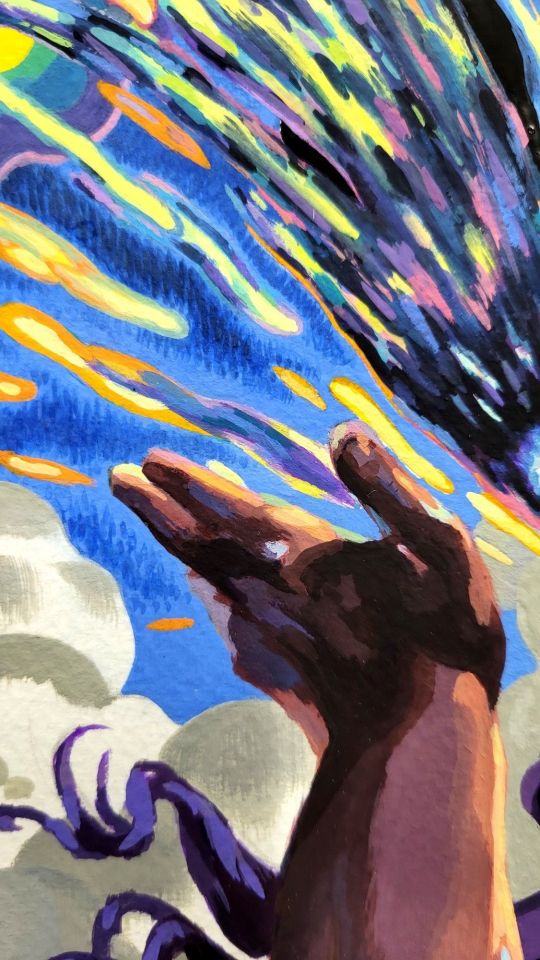
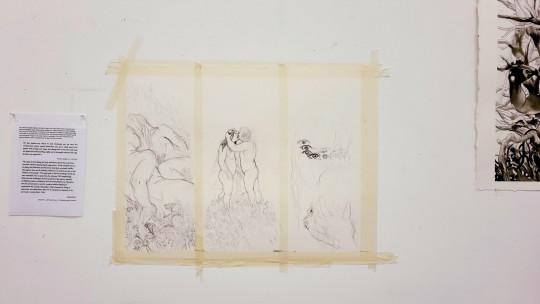





we packed up my studio on Thursday night, so my residency in the burren is officially over 💔🌦 i'll miss it tremendously, including my fellow residents who have already dispersed— such a lovely group with whom i'm so grateful to have shared this time, they improved it tenfold. and i'm grateful to everyone who helped me make this possible.
i worked on pieces large and small, which i haven't had time nor energy to accomplish in the last few years. i didn't finish everything, mainly due to spending as much time exploring the mountains, woods, ruins, and Árann islands. the writing i paired with my work for the Open Studio event reflects my thoughts on being in The Land as someone (mac tíre) severed from the security of family, making space for my trans and queer body, a soft indentation in the sea grass. bithchuimhne 🍃 i introduced some of this in my comic for the HOME anthology— to be embraced in kind means more than words alone can say.
with unfinished pieces, i at least have something to look forward to once i'm settled in.

at the same time, going back to the core feels almost criminal. does it ever not? níl cara ag cumha ach cuimhne. i'm furiously sad at the absence of the Palestinian students who were meant to be here, Mohammed and Nadin. we held a bonfire in honour as a small gesture of committment and memory, and i've been in touch with Mohammed a little, only when he's able to access rare internet connection. Ireland, to be fair, is hardly better— hiding behind selective, vicious, cowardly "neutrality" that somehow continue pandering to the same colonising forces Ireland prides itself on rejecting. but on the ground, coalitions of people are ever here for each other and will not stop coming out in droves against the odds. in that way, israel will lose, as will its guardian the US, as will each languishing oppressor in this conflict and the next. at this moment i can't offer much more than that, but i do believe in it. it's the only thing i've ever believed in. from the plough to the stars, from the river to the sea, saoirse don Phalaistín 🇮🇪🖤🇵🇸 and around the world.
#illustration#painting#traditional art#queer art#trans#queer#butch#not sapphic just brutal dykes#trans man#man not masc#superpose#sketch#artists on tumblr#☭#ireland#éire
114 notes
·
View notes
Text

Irish woman, Ireland, by Aran
#irish#ireland#europe#western europe#folk clothing#traditional clothing#traditional fashion#cultural clothing
217 notes
·
View notes